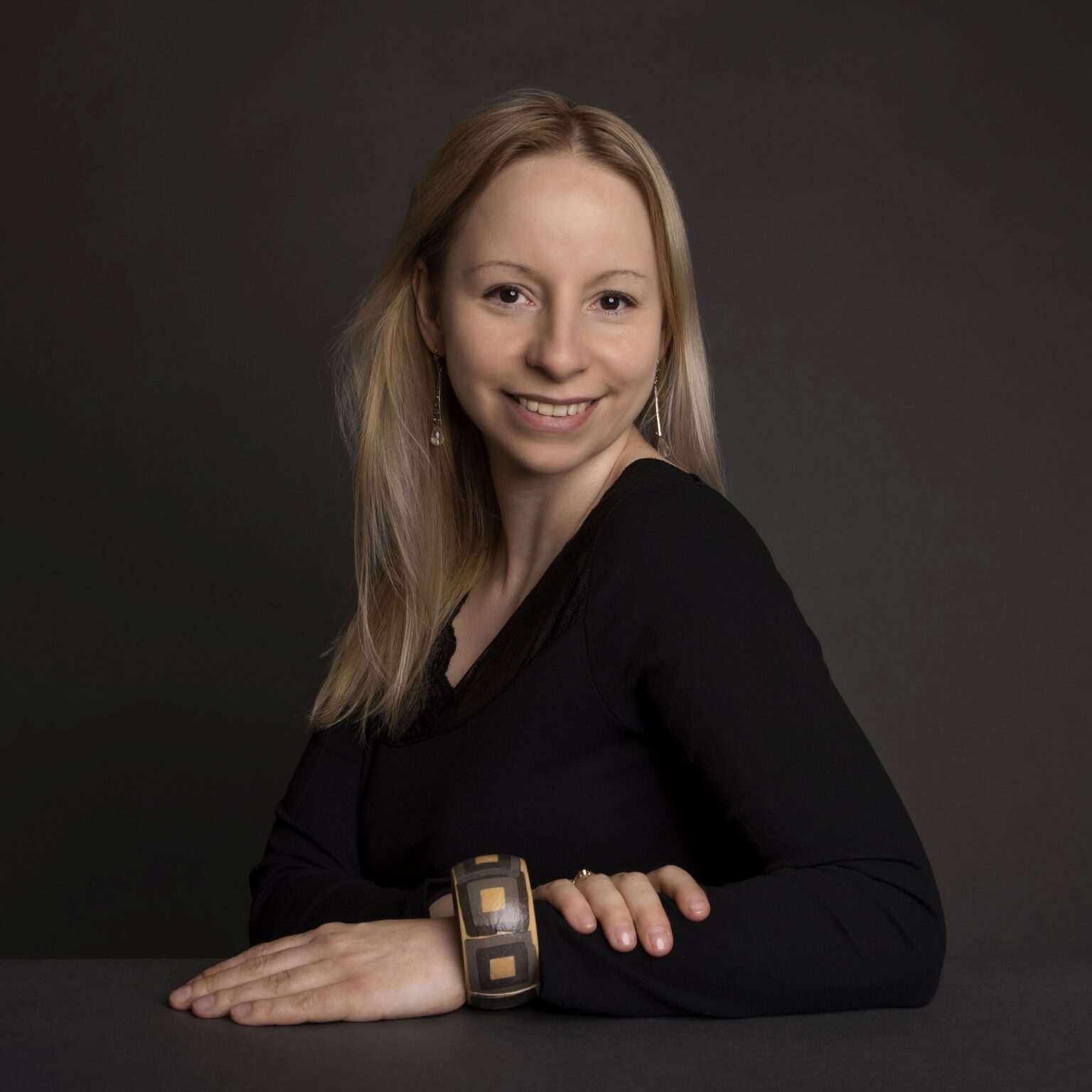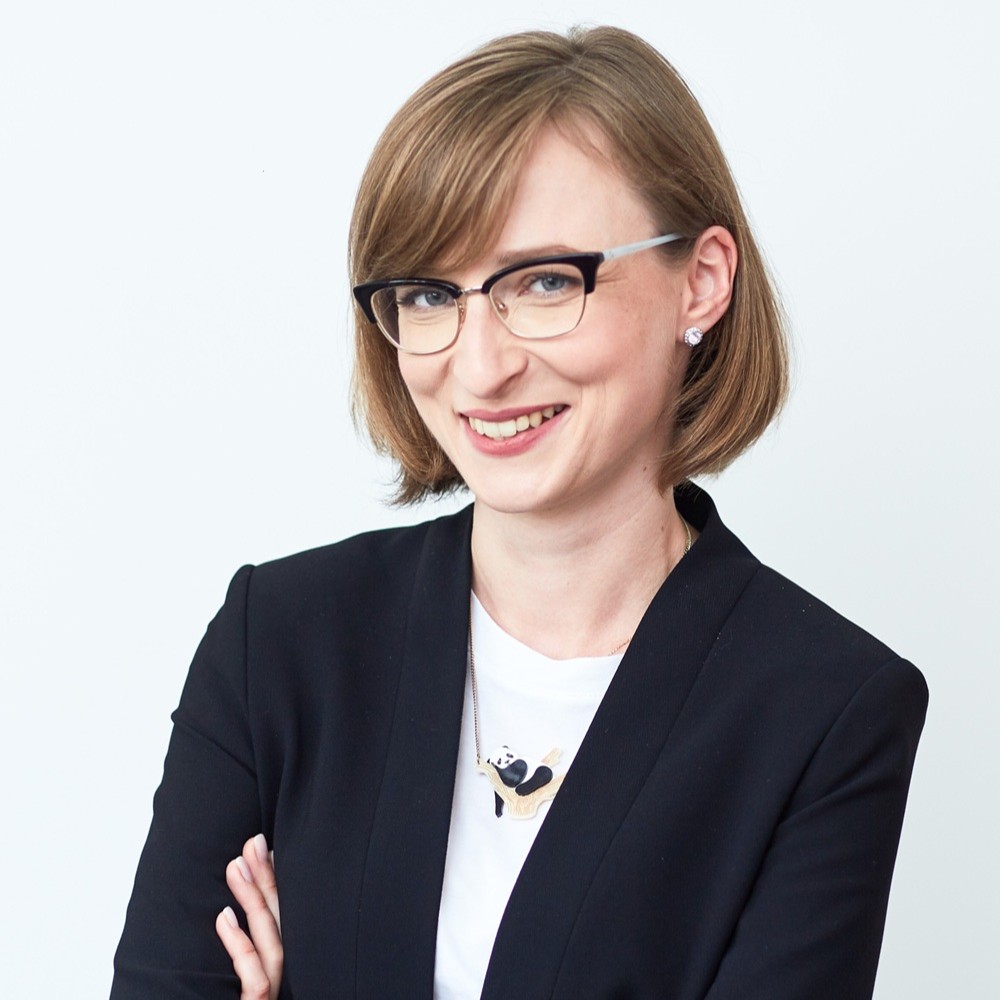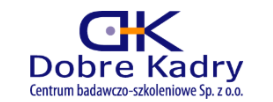

Project Information
- Start date: 01.11.2024
- End date: 31.10.2026
- Duration: 24 months
- Budget: EUR 120,000 [PLN 520,836.00]
- Programme: Erasmus+
- Project number: 2024-1-PL01-KA220-HED-000243646
Anti-burnout puzzle for academics
Stronger resilience. Healthier minds. Better universities.
Burnout among academics is a growing but often overlooked challenge. This Erasmus+ project brings together international partners to develop practical, evidence-based tools that help university staff prevent professional burnout, build resilience, and restore balance in their professional lives.
Learn more about the project’s mission, partners, and results – and join us in building a healthier academic environment.
Academics and Burnout: A Challenge We Can No Longer Ignore
Burnout is no longer just a buzzword – it is a documented and measurable threat to the well-being of university staff. The World Health Organization has included burnout in the 11th Revision of the International Classification of Diseases (ICD-11) as an occupational phenomenon and defines it as a syndrome resulting from chronic workplace stress that has not been successfully managed. Academic work, with its dual demands of teaching and research, combined with the pressures of remote learning, geopolitical instability, economic uncertainty, and the rise of AI in education, has made long-term stress a serious occupational hazard.
That is why the “Anti-burnout puzzle for academics” project is dedicated to developing effective, evidence-based tools that help academics strengthen their resilience, prevent professional burnout, and regain a sense of purpose and well-being in their work.
The project is led by Dobre Kadry – Research and Training Centre Ltd. (Poland), in partnership with the University of Nicosia (Cyprus), Bratislava University of Economics and Management (Slovakia), and Korczak University – Academy of Applied Sciences in Warsaw (Poland). Together, the partners bring complementary expertise in supporting the well-being of academics and will actively engage target groups in testing and refining the solutions developed within “Anti-burnout puzzle for academics”.
The “Anti-burnout puzzle for academics” initiative focuses on two main target groups. The first, and most directly affected, are academics who face a high risk of professional burnout and often lack institutional support to address it. This challenge is particularly pronounced among experienced staff – typically aged 50+, most often women – who encounter slower career progression, feelings of unfulfillment, and, in some cases, reassignment to less desirable positions. While research also points to younger academics experiencing early-career disillusionment, experts note that this is a different phenomenon from burnout. In academia, the topic remains largely taboo: showing signs of exhaustion is often perceived as weakness, and the professional culture values toughness over vulnerability. To counter this, the project will develop preventive activities inspired by modern Stoicism, resilience-building practices, and mindfulness, enabling participants to pursue self-development and create personalised coping strategies.
The second group includes university decision-makers – such as institutional leaders, faculty deans, and department heads – who play a key role in recognising and addressing burnout among staff. For them, “Anti-burnout puzzle for academics” will provide a practical manual outlining the specific nature of burnout in academia, tools for identifying early symptoms in others, and an overview of proven preventive measures.
Project Objective
The overarching aim of “Anti-burnout puzzle for academics” is to improve the psychophysical well-being of academic teachers by developing effective, evidence-based tools for burnout prevention. The project addresses both individual and institutional levels: strengthening personal resilience among academics and equipping universities with practical strategies for early detection and intervention.
What We Will Deliver
By October 2026, the “Anti-burnout puzzle for academics” project will produce three key results:
- Resilience-Building Toolkit for Academics – adaptable activities ranging from contact with nature and Stoic practices to hobby development, all designed to build resilience and shift perspective.
- Manual for University Leaders – a guide to the risks and prevention of burnout in academia, with tools for early detection and good practice examples.
- Communication Package – methods, tools, and techniques for implementing and disseminating project outcomes internationally.
Project roles
While all partners contribute to the substantive work on each result, responsibilities are distributed according to their experience: Dobre Kadry, as coordinator, manages the entire project, oversees evaluation and finances, and leads the development of the first set of resilience-building tools; the University of Nicosia leads the creation of the handbook for university leaders; Bratislava University of Economics and Management supports this work with expertise in good practices for burnout prevention; and Korczak University is responsible for communication, international dissemination, and the final implementation.
The majority of the planned activities are funded by the Erasmus+ programme, with additional support from the partners’ own resources, including infrastructure, expert input, and dissemination activities.
Why This Project is Innovative
“Anti-burnout puzzle for academics” uniquely combines philosophy, psychology, and nature-based approaches. By applying modern Stoic principles, it promotes personal growth, emotional balance, and the ability to focus on what is within one’s control. It also integrates “green” human resource practices, such as forest bathing and nature-based stress reduction, and draws on the psychology of personal ownership – enabling academics to choose and commit to the strategies that work best for them.
By breaking the silence around burnout and providing practical tools for resilience, this project seeks to create a healthier, more supportive higher education environment – where professional life is defined by growth, not exhaustion.
Project coordinator

dr Joanna Lizut
PhD in Social Sciences, specializing in public policy. Chair of the Central Examination Board for professional specialization of social workers. Expert in social services, contemporary social issues, and social integration. Project leader of Cybersecurity Threats – New Competencies for Social Workers and partner team leader in the international research project EDUEVAL. Head of the Expert Group on online safety standards for schools (Ministry of Administration and Digitization). Member of the working group Social Economy within the project Socially Responsible University.
Research Team

dr Marek Kawa – Team Coordinator
PhD, philologist in Polish and English, anthropologist, Americanist, publicist, and local government official. Author of a monograph on cultural symbolism, co-author of an encyclopedia, as well as numerous articles and translations. Member of museum, supervisory, social, and program councils. Former Member of the Polish Parliament (2005–2007), serving as Deputy Chair of the Standing Subcommittee on Science and Higher Education, Deputy Chair of the Standing Committee on Constitutional Accountability, and Delegate to the Parliamentary Assembly of the Council of Europe in Strasbourg.

Paulina Broża
PhD in Social Sciences (Pedagogy). Since 2015 Assistant Professor at Korczak University of Applied Sciences, Faculty of Social and Humanistic Sciences in Olsztyn. Member of the University Commission for Quality of Education and head of the Faculty Student Internship Office. Co-editor of books in pedagogy. For ten years affiliated with the Municipal Social Welfare Center in Olsztyn as pedagogue and coordinator of foster care. Member of the expert team in the project Development and Implementation of a Unified Standard for the Functioning of the Voluntary Labour Corps and its Monitoring System.

dr Agata Jastrzębowska
Psychologist, educator, and leader of the social campaign Mów Do Mnie Grzecznie. Specializes in organizational psychology, social change, and communication. Graduate of SWPS University (MA, 2008; PhD, 2016). Lecturer at SWPS University (2009–2021) and Assistant Professor at Kozminski University (2022–2024). Since April 2024, Program Coordinator for Psychology at Korczak University.

dr Iga Kazimierczyk
Specializes in the study of school work environments, particularly teacher burnout and the challenges of pastoral responsibilities. Author of guides and teaching materials on project-based learning and active classroom methods. Lecturer in teacher education programs, responsible for organizing and supervising teaching practice. For 20 years engaged in the NGO sector, designing and delivering training for teachers and creating processes that enable educators to participate in initiatives shaping Polish education.

Paweł Rabiej
Innovator and changemaker, Rector’s Plenipotentiary for Strategy and Development at Korczak University. Journalist and publicist, founder of the THINKTANK Center for Dialogue and Analysis, social activist and local government leader. Served as First Deputy Mayor of Warsaw (2018–2020).

dr Barbara Schabowska
Manager with experience in PR, public affairs, and values-based marketing communication. Her research focuses on cultural security in the context of polycrisis. Member of the Management Committee of COST Action Cultural Heritage in Crisis. Transdisciplinary Assessment of Legal and Regulatory Framework (CRUCULT). PhD in Social Sciences (Political Science and Administration), MA in Philosophy, and an enthusiast of classical music.

Partners:






